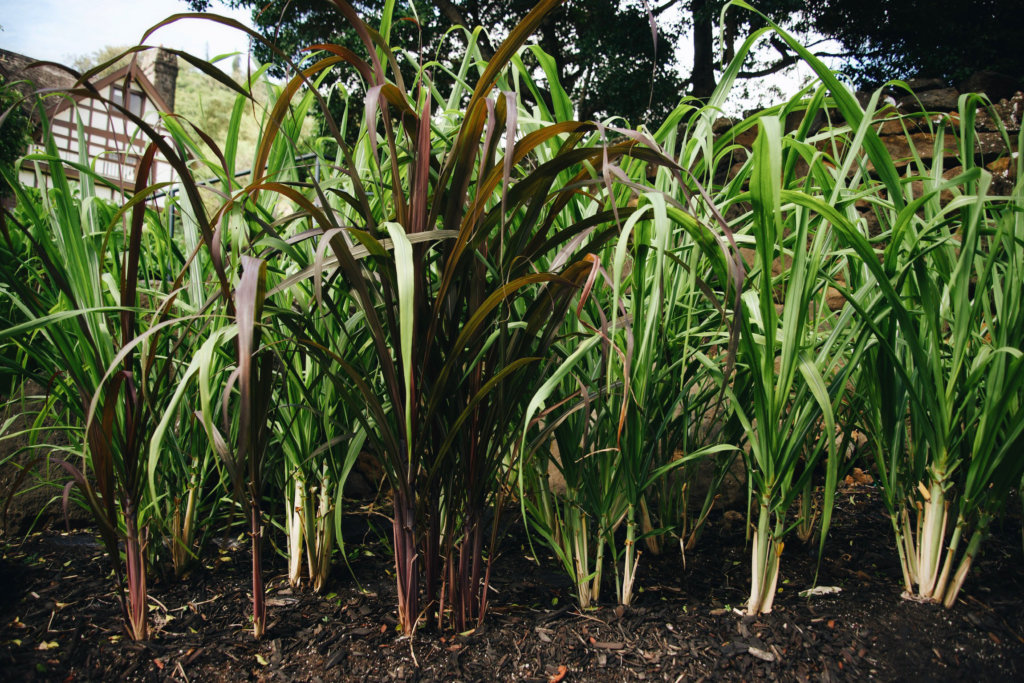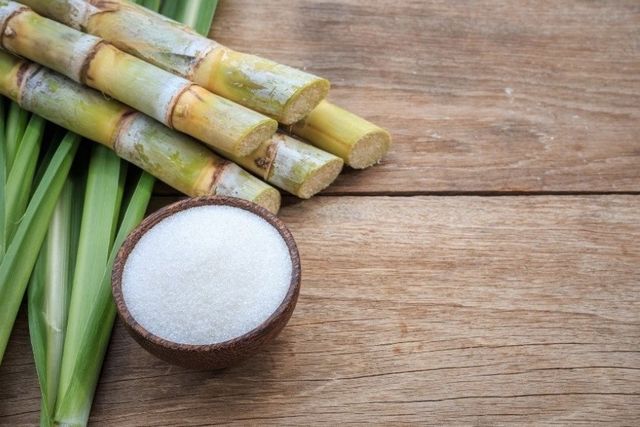Discover the Health Benefits of Sugar and Cane in Your Diet
Discover the Health Benefits of Sugar and Cane in Your Diet
Blog Article
Why Walking Cane Sugar Processing Chemicals Are Vital for Modern Sugar Refining
The function of walking stick sugar handling chemicals in contemporary sugar refining can not be overstated, as they are indispensable to boosting both the performance of removal and the overall quality of the final item. Agents such as phosphoric acid and certain flocculants are used to get rid of pollutants, resulting in sugar that not just fulfills customer expectations yet likewise sticks to market requirements.
Function of Handling Chemicals
The efficiency of walking cane sugar handling hinges substantially on the tactical application of processing chemicals. These chemicals play a crucial duty in improving the effectiveness and high quality of sugar removal and refining. From the initial phases of juice extraction to the last filtration actions, handling chemicals facilitate numerous important procedures.
In the extraction stage, chemicals such as phosphoric acid and calcium hydroxide are used to enhance the information procedure, aiding to get rid of impurities and suspended solids from the cane juice. This not only improves the return yet also guarantees the clearness of the last product. Furthermore, representatives like flocculants aid in the quick settling of contaminations, therefore improving the overall procedure.
Triggered carbon and ion exchange resins offer to eliminate color and smell, making sure that the refined sugar fulfills consumer top quality criteria. Thus, the careful option and application of these chemicals are crucial for achieving ideal outcomes in walking stick sugar handling.
Key Sorts Of Chemicals
Walking cane sugar handling counts on a range of crucial chemicals that help with each phase of production. These chemicals play crucial functions in clarifying, lightening, and purifying the sugar extracted from walking stick.
One key group of chemicals consists of flocculants, such as polyacrylamide, which aid in the clarification procedure by advertising the gathering and settling of impurities. Furthermore, calcium hydroxide is commonly employed to counteract acidity and aid in the removal of non-sugar components.
Lightening agents, such as activated carbon and sulfur dioxide, are made use of to decolorize the syrup, leading to a clearer final product. These chemicals help get rid of shade substances that may affect the sugar's look and marketability.
Additionally, phosphoric acid acts as a pH regulatory authority throughout the handling phases, ensuring optimum problems for the chemical activities involved in sugar removal and filtration.
Various other vital representatives include edta (ethylenediaminetetraacetic acid), which chelates steel ions that can militarize undesirable responses, and sodium hydroxide, which assists in pH control throughout the refining procedure. Collectively, these chemicals enhance performance and make sure a high-grade walking cane sugar product.
Benefits for Sugar Quality
Often neglected, making use of details handling chemicals substantially enhances the overall high quality of cane sugar. These chemicals play a pivotal role in refining procedures, guaranteeing that the end product fulfills rigid market criteria for purity and taste.

In addition, refining chemicals aid in accomplishing a consistent granulation and appearance, which are crucial for consumer approval. By regulating the formation procedure, these chemicals make sure that the sugar crystals form uniformly, resulting in a much more attractive product that dissolves well in various applications.
Furthermore, making use of these chemicals can enhance the service life of cane sugar by lessening moisture absorption and microbial growth. Generally, the strategic application of processing chemicals is important for supplying premium walking stick sugar that fulfills consumer expectations and sector demands.
Ecological Influence Considerations

Furthermore, the energy-intensive nature of sugar refining, intensified by chemical use, usually leads to raised carbon exhausts. This contributes to environment change and elevates issues relating to the sustainability of current refining methods. In addition, the sourcing of these chemicals may involve techniques that threaten biodiversity, such as monoculture farming, which lowers the resilience of agricultural ecological communities.

To alleviate these influences, sugar refiners are increasingly checking out sustainable options and embracing finest methods that minimize chemical use. Applying extensive environmental monitoring systems can help make sure that the refining go procedure straightens with ecological requirements and advertises biodiversity. Eventually, a balanced technique that prioritizes both sugar high quality and environmental stewardship is necessary for the lasting stability of the sugar sector.
Future Trends in Refining
As the sugar sector comes to grips with the ecological obstacles connected with conventional refining methods, innovative approaches are emerging to enhance both efficiency and sustainability. One significant fad is the adoption of green chemistry principles, which focus on making use of safe, naturally degradable handling chemicals. This shift not just decreases ecological effect however likewise addresses consumer need for cleaner manufacturing methods.
Another encouraging advancement is the execution of sophisticated filtration innovations, such as membrane layer separation and adsorption procedures. These techniques enhance the quality and top quality of the sugar while minimizing the volume of wastewater created during refining. Furthermore, the combination of electronic modern technologies, including IoT and AI, is transforming operational effectiveness by enabling Visit Website real-time surveillance and anticipating maintenance, thus decreasing resource waste.
In addition, using spin-offs from sugar refining, such as bagasse and molasses, is getting grip. These materials can be converted right into biofuels or value-added items, adding to a circular economic climate within the industry. Jointly, these trends signify a shift in the direction of even more sustainable techniques that not just boost operational efficiency however additionally align with worldwide sustainability objectives, ensuring the future feasibility of sugar refining.
Conclusion
Cane sugar handling chemicals are important in modern-day sugar refining, considerably improving the performance and high quality of sugar removal. The tactical usage of these chemicals not just improves the purity and taste of the last product yet additionally guarantees consistent formation and structure. As the market increasingly focuses on sustainability, the adoption of environmentally-friendly processing agents is most likely to shape future trends in refining, inevitably causing better items and extended rack life for customers.

Eventually, a well balanced technique that focuses on both sugar top quality and ecological stewardship is essential for the long-term practicality of the sugar industry.
Cane sugar processing chemicals are vital in contemporary sugar refining, substantially improving the performance and top quality of sugar removal.
Report this page